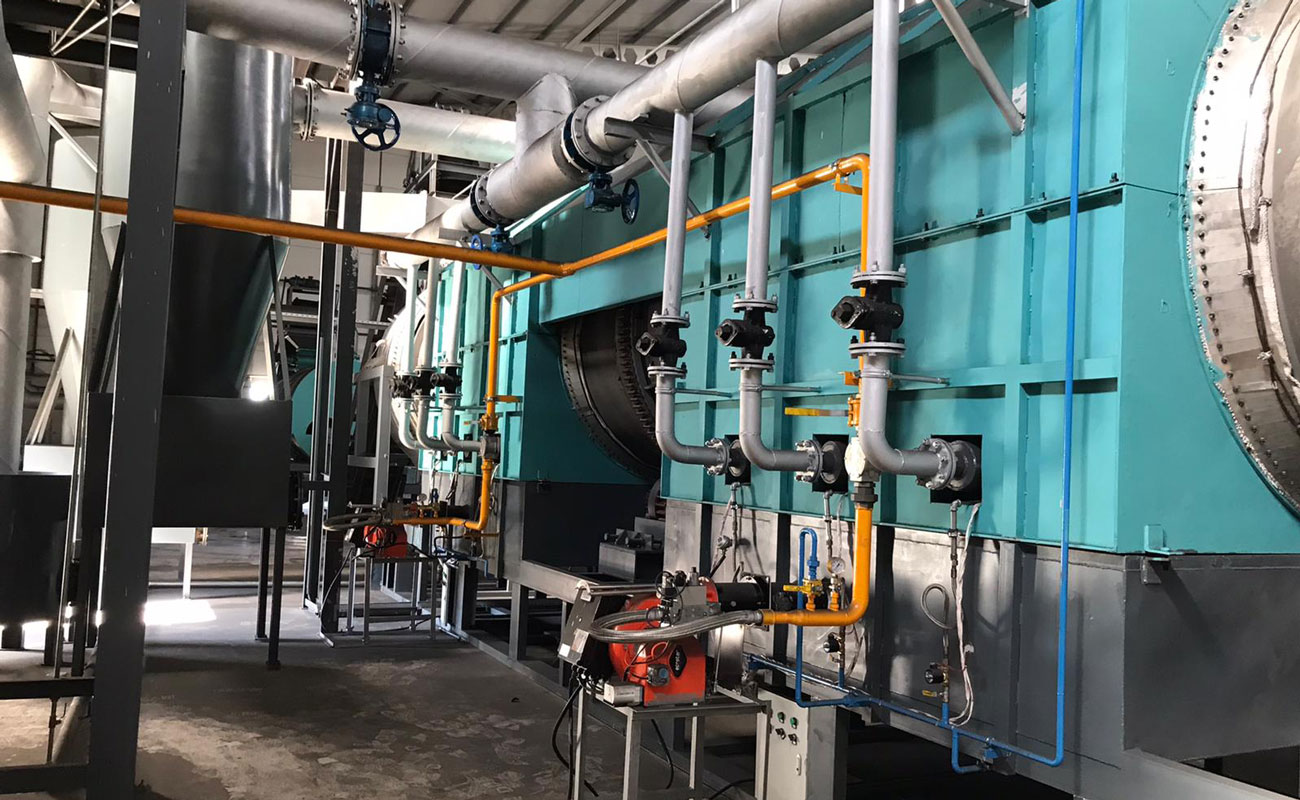Pyrolysis recycling of waste wood chips offers a sustainable and environmentally friendly solution for managing wood waste while unlocking various benefits for industries and the environment. By utilizing advanced wood pyrolysis plant technology, waste wood chips can be converted into valuable products, reducing waste generation, conserving natural resources, and mitigating environmental impacts. In this article, we explore the advantages of pyrolysis recycling of waste wood chips, highlighting its significance in the context of waste management and resource recovery.
Resource Conservation and Waste Reduction:
Pyrolysis recycling of waste wood chips contributes to resource conservation by repurposing discarded wood materials that would otherwise end up in landfills or incinerators. By diverting wood waste from disposal sites, pyrolysis helps reduce the strain on natural resources and minimizes the need for virgin timber extraction, thereby preserving forests and biodiversity.
Energy Recovery and Renewable Fuel Production:
One of the primary advantages of wood pyrolysis plant is the ability to produce renewable energy sources from waste wood chips. Through the pyrolysis process, wood chips are thermally decomposed in the absence of oxygen, yielding biochar, bio-oil, and syngas. These products can be used as renewable fuels for heat and power generation, offering an alternative to fossil fuels and reducing greenhouse gas emissions.
Biochar Production and Soil Enhancement:
Biochar, a carbon-rich by-product of wood pyrolysis, has significant potential for improving soil health and agricultural productivity. When applied to soil, biochar enhances water retention, nutrient availability, and microbial activity, leading to increased crop yields and soil carbon sequestration. By integrating biochar production into wood pyrolysis plants, waste wood chips can be transformed into a valuable soil amendment, contributing to sustainable agriculture practices.
Chemical Feedstock and Value-Added Products:
In addition to biochar and bio-oil, wood pyrolysis plants can produce valuable chemical feedstocks and value-added products from waste wood chips. These products can be used in various industrial applications, including the production of adhesives, activated carbon, specialty chemicals, and composite materials. By diversifying product offerings, wood pyrolysis recycling enhances economic viability and creates new revenue streams for industries.

Environmental Benefits and Carbon Sequestration:
Pyrolysis recycling of waste wood chips offers significant environmental benefits, including carbon sequestration and emission reduction. By converting wood waste into biochar, carbon is effectively removed from the atmosphere and stored in a stable form in soils, mitigating climate change and enhancing ecosystem resilience. Furthermore, wood pyrolysis helps reduce air and water pollution associated with traditional waste disposal methods, promoting cleaner and healthier environments.
Economic Opportunities and Job Creation:
The implementation of wood biomass pyrolysis plant presents economic opportunities for communities and industries by creating jobs, stimulating local economies, and fostering innovation. From plant construction and operation to downstream processing and product distribution, wood pyrolysis recycling generates employment opportunities across the value chain, supporting sustainable development and economic growth.
Regulatory Compliance and Sustainability Goals:
Wood pyrolysis recycling aligns with regulatory requirements and sustainability goals aimed at reducing waste generation, promoting resource efficiency, and combating climate change. By adopting pyrolysis technology, industries can demonstrate environmental stewardship, meet regulatory obligations, and enhance their corporate social responsibility (CSR) profiles, thereby enhancing public trust and brand reputation.
Conclusion:
In conclusion, pyrolysis recycling of waste wood chips offers a myriad of advantages, ranging from resource conservation and renewable energy production to soil enhancement and economic opportunities. By leveraging wood pyrolysis plant technology, industries can effectively manage wood waste, reduce environmental impacts, and create value from previously discarded materials. As governments, businesses, and communities increasingly prioritize sustainability and waste reduction efforts, wood pyrolysis recycling emerges as a promising solution for addressing environmental challenges while unlocking economic and social benefits for society as a whole.

Comments
No comments yet. Be the first to react!